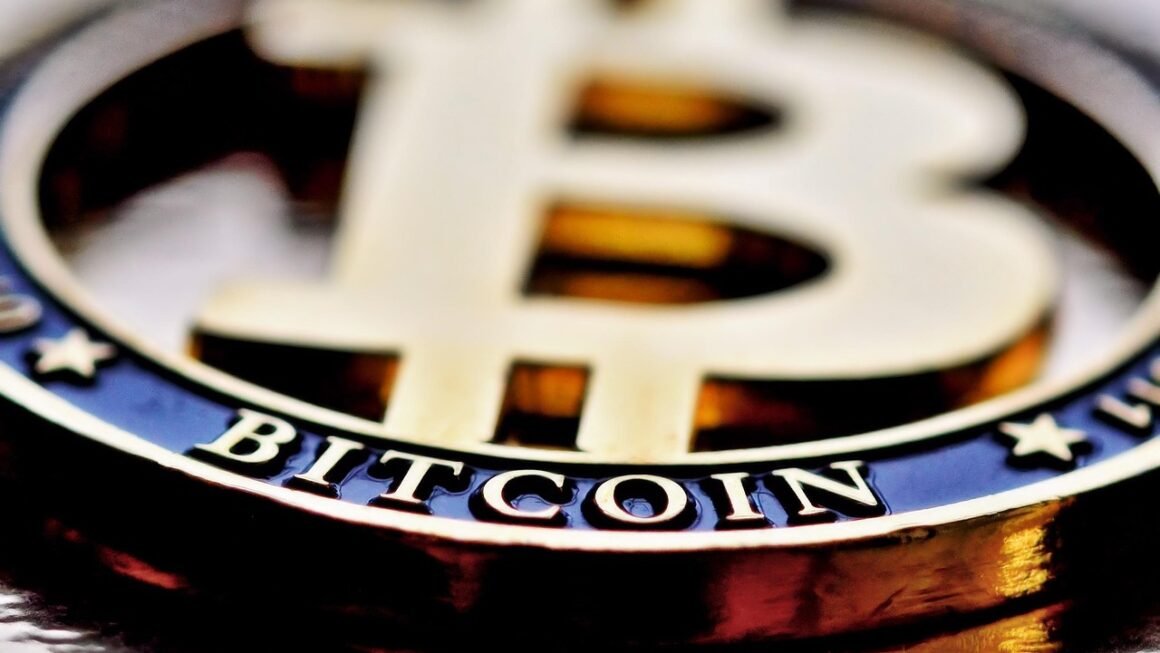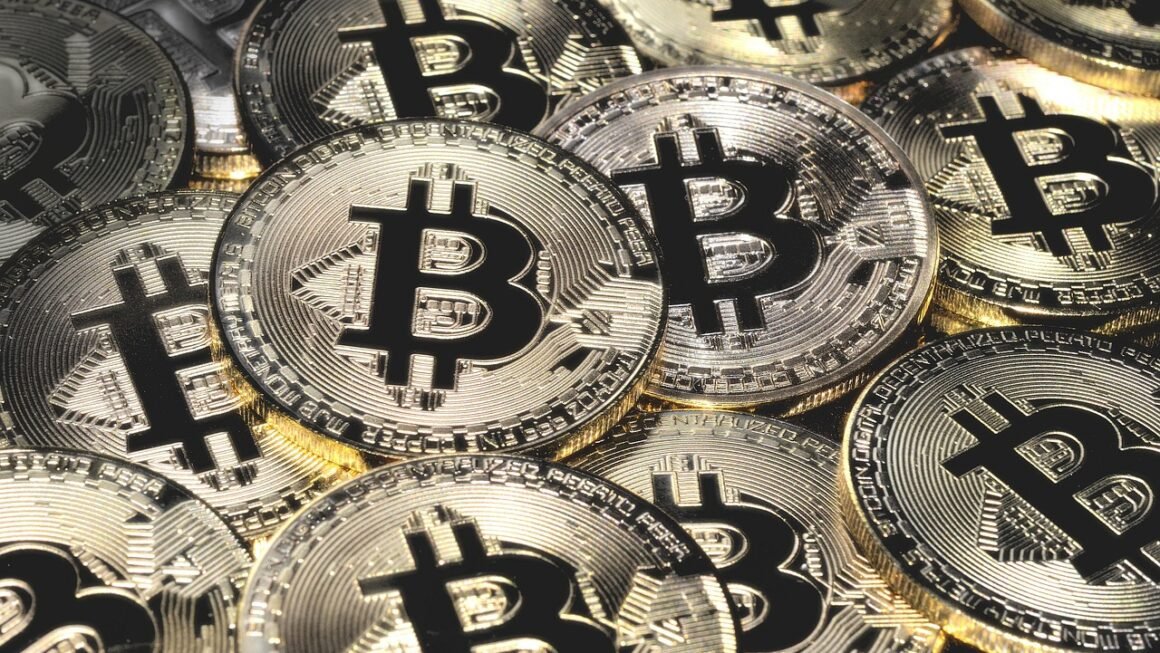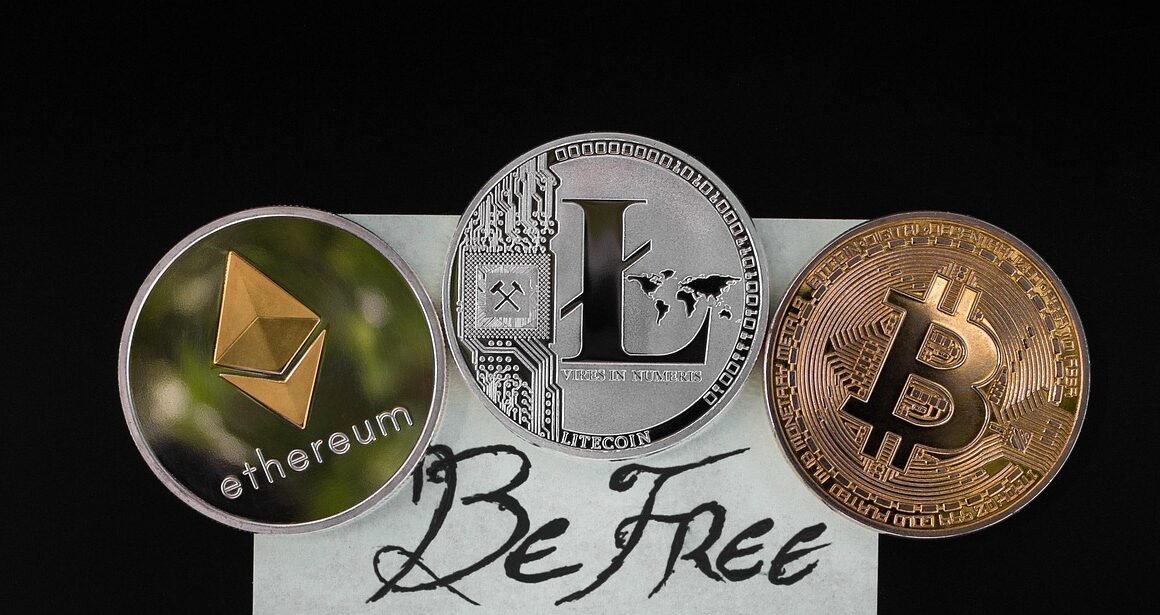Dive into the world of Bitcoin, a revolutionary digital currency that has captured the attention of investors, technologists, and economists alike. From its mysterious origins to its potential for reshaping the global financial system, Bitcoin offers a fascinating exploration into the future of money. This comprehensive guide will break down the complexities of Bitcoin, making it accessible to both beginners and those looking to deepen their understanding.
What is Bitcoin?
The Basics of Cryptocurrency
Bitcoin is a decentralized digital currency, meaning it operates independently of a central bank or single administrator. It relies on cryptography to secure and verify transactions, as well as to control the creation of new units. This “cryptocurrency” aspect is a core characteristic of Bitcoin, and it distinguishes it from traditional fiat currencies issued by governments.
The Bitcoin Blockchain
At the heart of Bitcoin is the blockchain, a public, distributed ledger that records every transaction. Think of it as a digital record book that is shared across a network of computers. Each “block” contains a record of recent transactions, and these blocks are linked together chronologically and secured using cryptographic techniques. This makes the blockchain transparent, immutable (unchangeable), and secure.
How Bitcoin Transactions Work
When someone sends Bitcoin to another person, the transaction is broadcast to the Bitcoin network. Miners, who are participants in the network, verify the transaction and add it to a new block. This process involves solving a complex mathematical problem. Once the block is added to the blockchain, the transaction is confirmed and irreversible. A transaction typically requires multiple confirmations (usually six) before being considered final. For example, if Alice sends 1 Bitcoin to Bob, this transaction is packaged with other transactions into a block. Miners compete to solve the block, and once solved, it’s added to the blockchain, confirming the transaction. Bob now controls 1 more Bitcoin, and Alice controls 1 less.
Benefits of Bitcoin
Decentralization
One of the biggest benefits of Bitcoin is its decentralization. Because no single entity controls the network, it’s resistant to censorship and manipulation. Governments or banks can’t unilaterally freeze accounts or reverse transactions.
Example: In countries with unstable political climates, Bitcoin can serve as a safe haven asset, protecting wealth from government seizure or hyperinflation.
Transparency
All Bitcoin transactions are recorded on the public blockchain, making them transparent. While the identities of users are not directly revealed (Bitcoin addresses are pseudonymous), anyone can view the transaction history. This transparency can promote accountability and reduce fraud.
Lower Transaction Fees
While transaction fees can fluctuate, Bitcoin transactions often have lower fees than traditional payment methods, especially for international transfers. Traditional banks charge fees for wire transfers, currency conversions, and other services. Bitcoin can bypass these fees, making it a more cost-effective option for some transactions.
Example: Sending money internationally via a bank could incur fees of 3-5%, whereas a Bitcoin transaction might be significantly cheaper, although fees fluctuate based on network congestion.
Global and Borderless
Bitcoin is a global currency that can be sent and received anywhere in the world without the need for intermediaries. This makes it ideal for international commerce and remittances.
Potential for Investment
Bitcoin’s price has seen significant fluctuations, but it has also demonstrated substantial growth over the long term. Many investors view Bitcoin as a store of value or a hedge against inflation. However, it’s crucial to understand the risks involved before investing in Bitcoin.
Understanding Bitcoin Mining
What is Bitcoin Mining?
Bitcoin mining is the process of verifying and adding new transaction records to the Bitcoin blockchain. Miners compete to solve complex mathematical problems using specialized computer hardware. The first miner to solve the problem gets to add the new block to the chain and is rewarded with newly minted Bitcoin.
The Role of Miners
Miners play a crucial role in maintaining the integrity and security of the Bitcoin network. By verifying transactions and adding them to the blockchain, they ensure that the network is secure and resistant to attacks.
- Verifying Transactions: Miners check that transactions are valid and that the sender has sufficient funds.
- Securing the Network: The more computing power dedicated to mining, the more secure the network becomes. This is because it becomes increasingly difficult for attackers to control the majority of the network’s computing power (a 51% attack).
- Creating New Bitcoin: Mining is also the process by which new Bitcoin are created. This is how Bitcoin is distributed to the network, incentivizing participation.
Proof-of-Work (PoW)
Bitcoin uses a consensus mechanism called Proof-of-Work (PoW). This requires miners to expend significant computational effort to solve the mathematical problem. This effort makes it costly for attackers to manipulate the blockchain.
Mining Difficulty
The difficulty of the mining problem is adjusted periodically to maintain a consistent block creation time of approximately 10 minutes. As more miners join the network, the difficulty increases, and as miners leave, the difficulty decreases.
Example: Imagine a puzzle that’s designed to take an average person one hour to complete. If more people start solving the puzzle, the puzzle maker makes it harder, so it still takes about an hour.
Risks and Challenges
Price Volatility
Bitcoin’s price is highly volatile, meaning it can experience significant swings in value over short periods. This volatility makes it a risky investment, especially for those with a low-risk tolerance.
Regulatory Uncertainty
The regulatory landscape surrounding Bitcoin is constantly evolving. Governments around the world are grappling with how to regulate Bitcoin and other cryptocurrencies. This regulatory uncertainty can create risks for investors and businesses.
Security Risks
While the Bitcoin blockchain is secure, Bitcoin exchanges and wallets are vulnerable to hacking and theft. Users must take precautions to protect their Bitcoin, such as using strong passwords, enabling two-factor authentication, and storing their Bitcoin in secure wallets.
Scalability Issues
Bitcoin’s transaction processing capacity is limited, which can lead to congestion and high transaction fees during periods of high demand. Various solutions, such as the Lightning Network, are being developed to address these scalability issues.
Environmental Concerns
Bitcoin mining consumes a significant amount of energy, which has raised concerns about its environmental impact. There is increasing interest in developing more energy-efficient mining methods and using renewable energy sources.
Buying and Storing Bitcoin
Choosing a Bitcoin Exchange
There are many Bitcoin exchanges available, each with its own fees, features, and security measures. Some popular exchanges include Coinbase, Binance, and Kraken. It’s important to research and choose an exchange that is reputable and meets your needs.
Creating a Bitcoin Wallet
A Bitcoin wallet is a digital wallet used to store, send, and receive Bitcoin. There are several types of Bitcoin wallets available, including:
- Software Wallets: These are applications that can be installed on your computer or mobile device.
- Hardware Wallets: These are physical devices that store your Bitcoin offline, providing a higher level of security.
- Web Wallets: These are wallets that are accessed through a web browser. They are convenient but generally less secure than software or hardware wallets.
- Paper Wallets: Involve printing out your public and private keys. Not recommended for active use but suitable for long-term cold storage.
Example: A hardware wallet like Ledger or Trezor is often recommended for storing larger amounts of Bitcoin due to its enhanced security.
Security Best Practices
To protect your Bitcoin, it’s important to follow these security best practices:
- Use a strong, unique password for your exchange account and wallet.
- Enable two-factor authentication.
- Store your Bitcoin offline in a hardware wallet or paper wallet.
- Keep your software up to date.
- Be wary of phishing scams and other attempts to steal your Bitcoin.
Conclusion
Bitcoin represents a groundbreaking innovation in the world of finance. While it presents significant opportunities, it also comes with its own set of risks and challenges. By understanding the technology, benefits, and potential pitfalls, you can make informed decisions about whether Bitcoin is right for you. As the digital landscape continues to evolve, Bitcoin is likely to remain a significant player in the future of money. Stay informed, do your research, and proceed with caution as you navigate the exciting world of Bitcoin.



